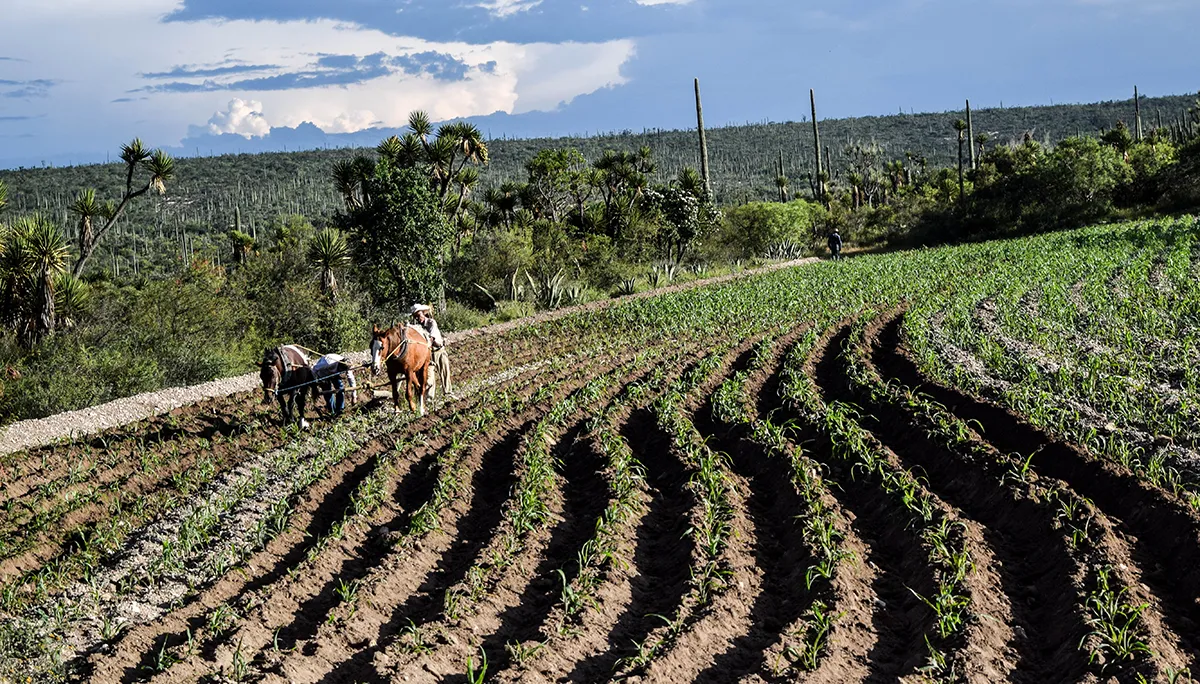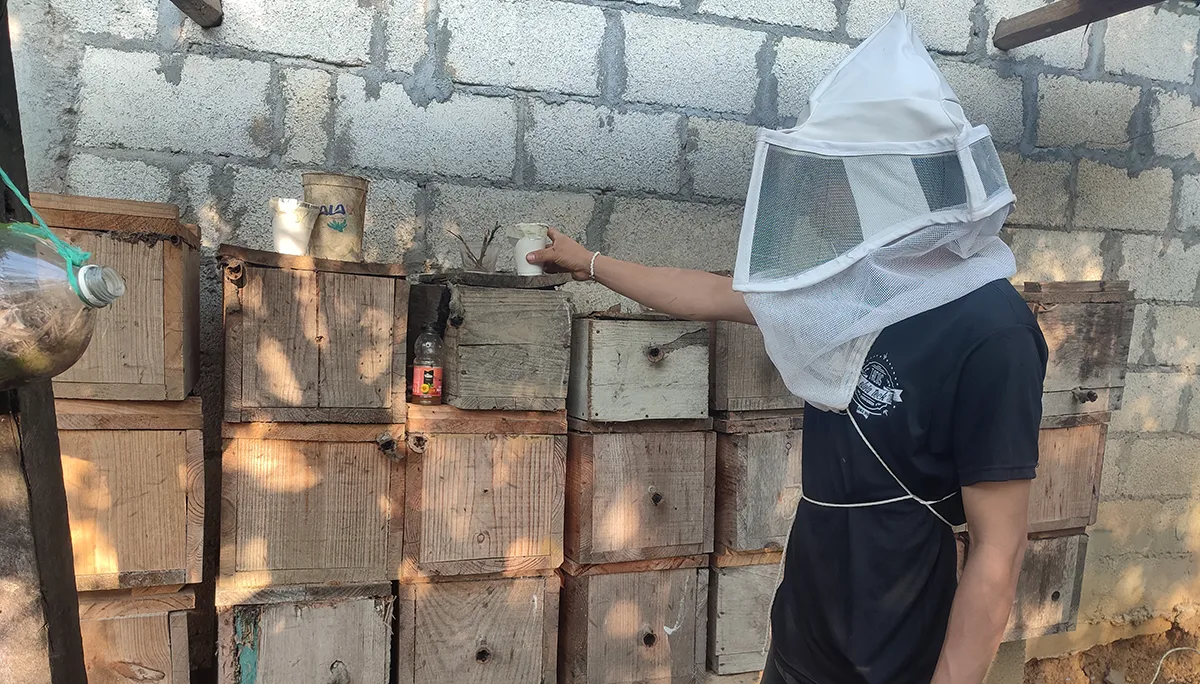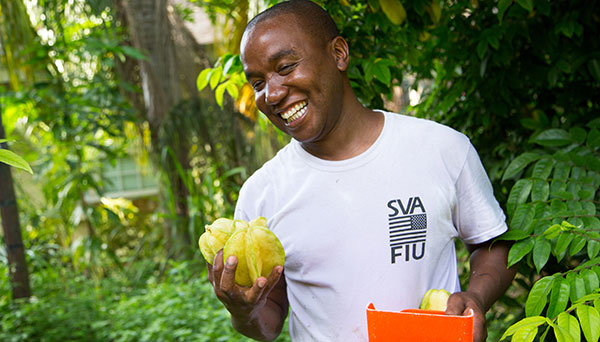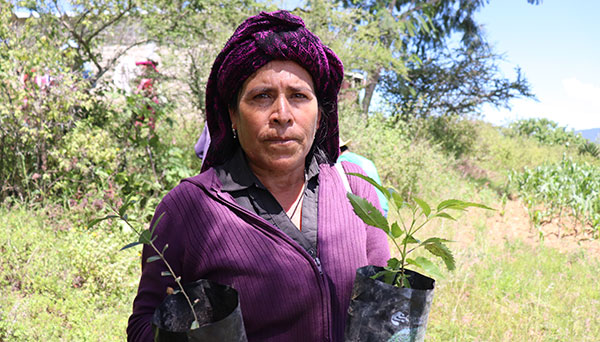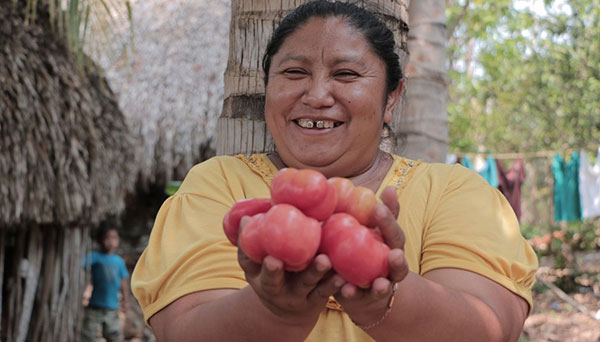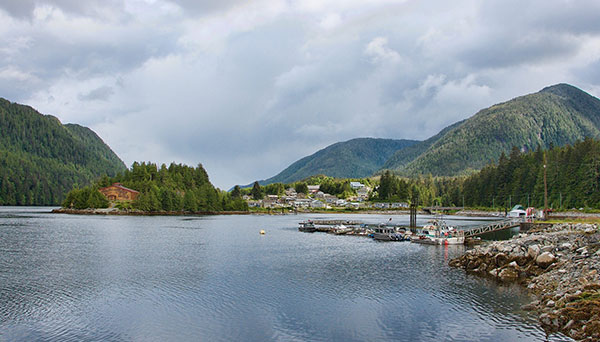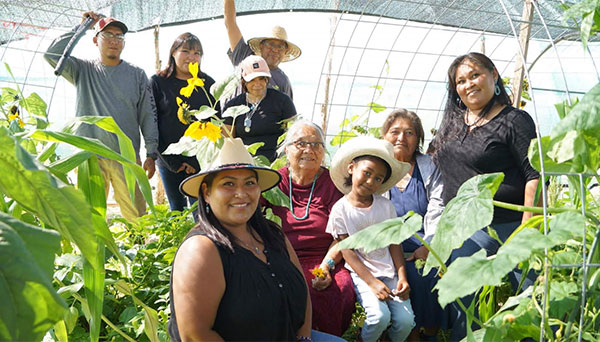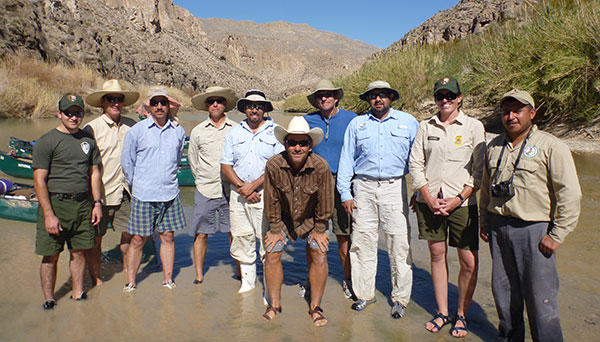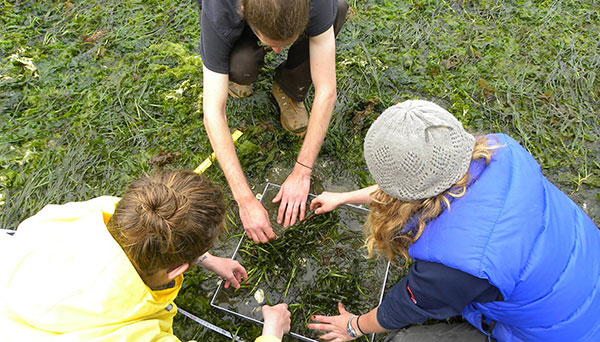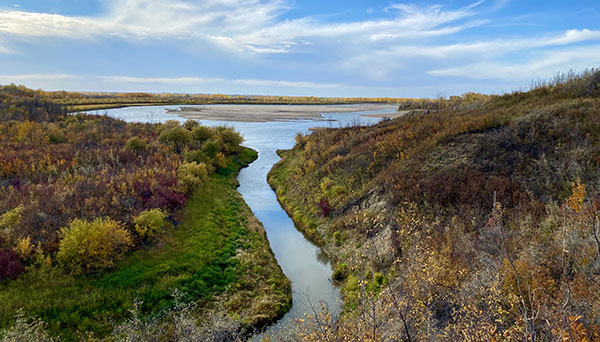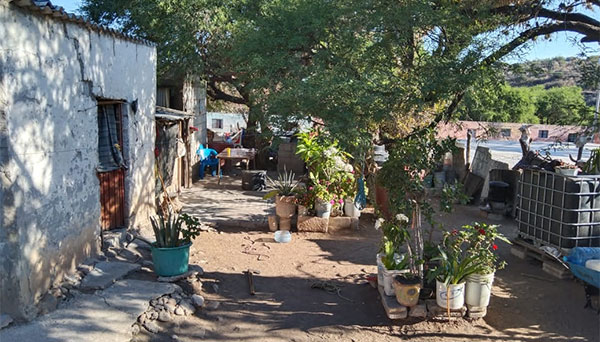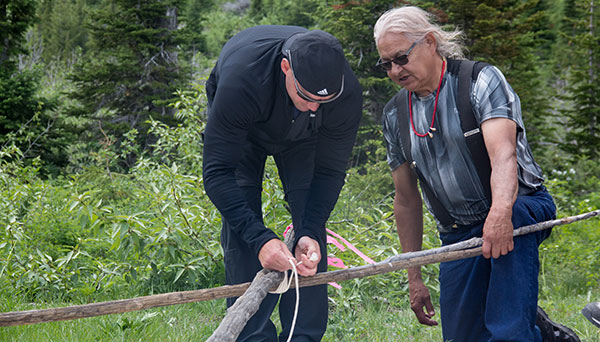Search
Year Range
Country
Status
NAPECA Projects
Rooted in the Land: Empowering Indigenous Women in Ranching
Women in Ranching
Indigenous Women in Ranching (WIR) represents women who have unique roles as land stewards, agriculturalists and community leaders to promote Indigenous knowledge and help...
Community-led Monitoring of the Bluenose-East Caribou Herd Calving Grounds
University of Montana
Caribou (Rangifer tarandus)—or “ekwò” in Tłı̨chǫ, or “tuktu” in Inuvialuitun— are of special ecological, economic, and cultural importance in northern North America. Caribou affect...
The Métis Nation Ignite Project
Métis National Council
Métis communities across the Métis Nation (BC, AB, SK, ON) are disproportionately impacted by the effects of wildfires that are being exacerbated by climate...
Weaving Inuit Knowledge with Watershed Hydrobiogeochemical Characterization to Inform River Monitoring in Nunatsiavut
Memorial University
Impacts on Nunatsiavut coastal ecosystems include climate forcings from the marine side (e.g., current changes, freshening of shelf seawater). On the terrestrial side, these...
Intercultural Education as Climate Change Resilience Strategy in Ralámuli Communities in Mexico
Instituto de Documentación de Lenguas Originarias, A.C. (Indolenguo)
The Western system of education is displacing Indigenous knowledge and, thereby, losing an entire store of knowledge on water, plants, animals and environmental stewardship....
Poeh Povi, The Flower Path: Indigenous Matriarch Farmer Collective
Flowering Tree Permaculture Institute
In the aftermath and ongoing climate crisis through wildfires and long-term drought in our region, it is vital that our communities integrate interdisciplinary approaches...
Repricing and Strengthening Farmer’s Knowledges and Skills in the Santiago Acatepec Community
Departamento de Agroecología de la Universidad Autónoma Chapingo
Santiago Acatepec is an Indigenous community located in the influence area of the Tehuacán-Cuicatlán Biosphere Reserve (RBTC), an arid region in southern Puebla. Like...
Native Food as Resilience: Establishing the Indigenous Research Pipeline for Acorns
California Indian Museum and Cultural Center
This project is being initiated in response to the cultural-continuity and public-health crises faced by the California Native American community due to decreased access...
Resilience of Nahua Native Species Beekeepers Households in Huasteca Potosina
Alterd Alternativas para el Desarrollo, A.C.
The Nahua Indigenous families of the Huasteca region in San Luis Potosí face growing challenges due to the negative impacts of climate change on...
Community Actions to the Water Crisis and the Impact of the Landfill in Eastern Zaachila
Centro de Derechos Indígenas Flor y Canto, A.C.
The Vicente Guerrero Municipality and the Lomas de la Cuesta and El Manantial neighborhoods, which are in the Villa de Zaachila Municipality in Oaxaca’s...
Enhancing Local Food Security through the Farmer-to-Farmer Model as a Rapid Response to the COVID-19 Pandemic
Florida International University Foundation
Florida has a unique agricultural landscape with the potential to grow a wide range of tropical crops. Even so, extreme climate events, the recent...
Local Action to Mitigate Climate Change in Zapotec Communities of the Central Valleys of Oaxaca
Grupo para Promover la Educación y el Desarrollo Sustentable, A.C.
This project responds to the conditions arising from the prevailing social, environmental, and economic inequality in Zapotec Indigenous communities. It will, however, have a...
Maya Peasant Community Agricultural School for Regenerative and Agroforestry Techniques
Mixbaal Fondo para el Fomento de la Educación A.C.
In response to the economic crisis, which the pandemic aggravated, a group of Mayan women from Sotuta, Yucatán, created the Solares Huertas Agroforestales (Agroforestry...
Enhancing Food Sovereignty & Resiliency of Remote, Indigenous Communities in BC
N-EAT Project at Simon Fraser University
The COVID-19 Pandemic has disrupted the supply chains of food to communities across Canada. In British Columbia (BC), Canada, there have been significant and...
Regenerative Agriculture, Solar Power, and Economic Development for Community Health and Resilience
Remy's Good Day Fund
Navajo, Zuni, and neighboring communities experienced some of the highest rates of COVID-19 in the United States. Chronic diseases, poor infrastructure, and lack of...
Socio-environmental Capacity Building for COVID and Climate Change in Rural Communities of the Rio Grande/Bravo
Rio Bravo Restoration
Over the last century, the hydroecologic condition of the Rio Grande/Río Bravo reach along the US-Mexico border has dramatically declined, negatively affecting a plethora...
Revitalization of Indigenous Place-based Conservation for Coastal Restoration
SeaChange Marine Conservation Society
The Traditional Territory of the Tseycum First Nations of Roberts Bay and Tsehum Harbour is located in what is now known as Sidney, BC,...
Building Pandemic Recovery and Response through Access to Safe Drinking Water at Beardy’s Okemasis Cree Nation
South Saskatchewan River Watershed Stewards
In Canada, Indigenous populations are at an elevated risk of exposure to COVID-19 compared to non-Indigenous communities. This condition is due to a number...
Co-generation of Sustainable Alternatives to Confront the Post-COVID Period in Vulnerable Communities of the Querétaro Semidesert
Universidad Autónoma de Querétaro
Home to widely scattered and highly vulnerable rural communities, life is difficult in Querétaro’s semi-desert region. A lack of local employment opportunities and good...
Strengthening the Capacity of Biosphere Regions; Place-based Solutions for North American Sustainability
Center For Large Landscape Conservation
The interrelated crises of the Covid-19 pandemic, climate change, and loss of biodiversity present existential threats to North America’s natural systems and human communities....






